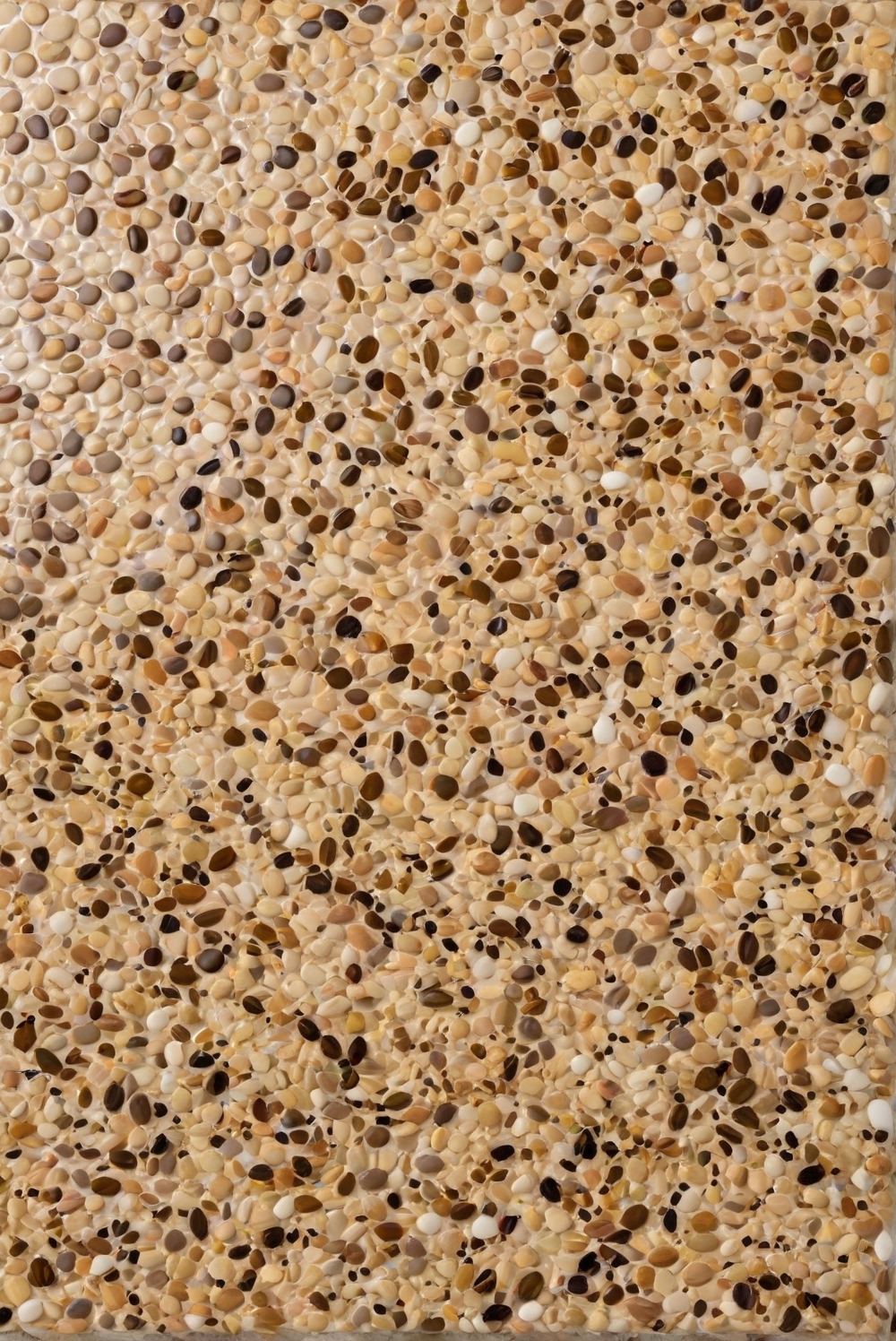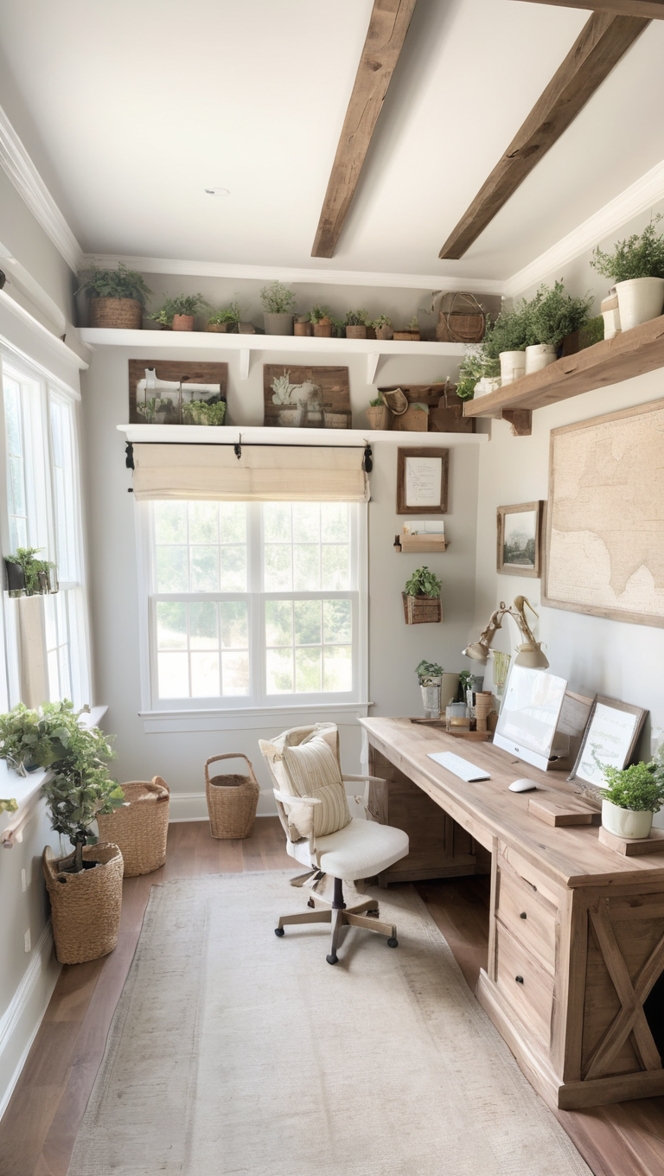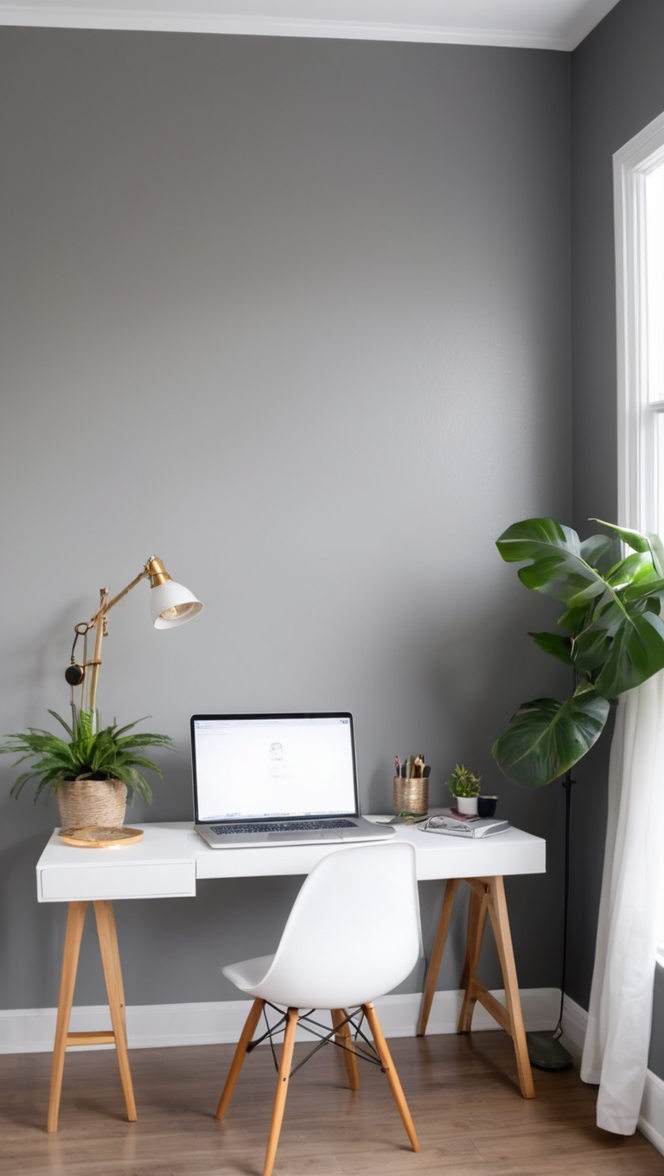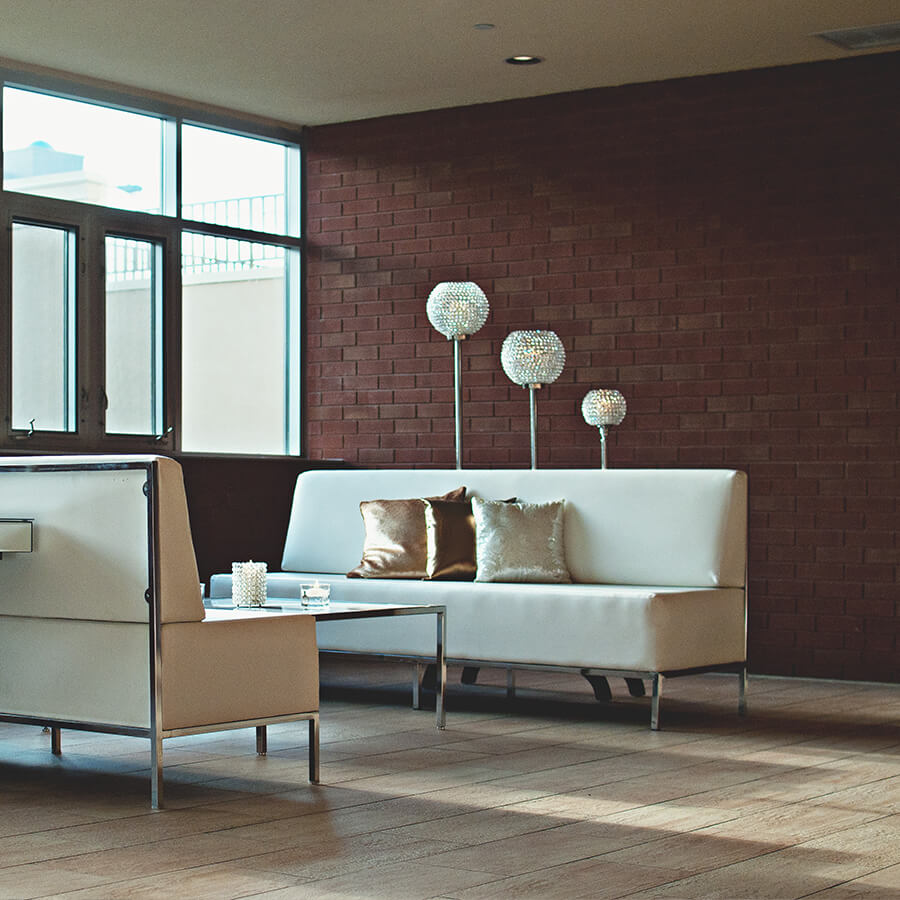Discover the pros and cons of various kitchen countertop materials in this comprehensive guide. Explore 5 fantastic ideas for your kitchen upgrade!
Granite, marble, quartz, concrete, and butcher block are popular countertop materials for kitchens. Granite offers durability and heat resistance but requires sealing. Marble provides a luxurious look, but it is prone to scratches and stains. Quartz is low maintenance and non-porous, making it a hygienic choice. Concrete offers a customizable appearance, but it can chip and stain if not sealed properly. Butcher block adds warmth and a natural feel, but it requires regular maintenance to prevent water damage and scratches. Consider the style, maintenance needs, and budget when choosing a countertop material for your kitchen.
When it comes to selecting the right countertop material for your kitchen, there are various options to consider. Each material has its own set of pros and cons that can impact not only the aesthetics of your kitchen but also its functionality and maintenance requirements. In this article, we will explore five popular countertop materials for kitchens – quartz, marble, concrete, wood, and stainless steel – and delve into the benefits and drawbacks of each.
1. Benefits of Using Quartz Countertops:
– Quartz countertops are highly durable and resistant to stains, scratches, and heat.
– They come in a wide range of colors and patterns, offering a versatile design option for any kitchen.
– Quartz is non-porous, making it easy to clean and maintain without the need for sealing.
– It is a low-maintenance material that does not require regular resealing like natural stones.
– Quartz countertops are known for their longevity and can last for many years without significant wear and tear.
2. Maintaining Marble Countertops:
– Marble countertops add a touch of elegance and luxury to any kitchen with their unique veining patterns.
– To keep marble looking new, it is crucial to seal it regularly to prevent staining from spills.
– Avoid placing hot pots directly on marble surfaces as they can cause damage.
– Use cutting boards to prevent scratches and nicks on the marble surface.
– Clean marble countertops with a mild soap and water solution to maintain their pristine appearance.
3. Installing Concrete Countertops:
– Concrete countertops are a popular choice for modern and industrial-style kitchens.
– While it is possible to install concrete countertops yourself, it requires careful preparation and attention to detail.
– DIY concrete countertop projects involve creating molds, mixing concrete, pouring, and sealing the countertops.
– For a seamless finish and professional look, hiring a skilled contractor for concrete countertop installation is recommended.
4. Risks of Using Wood Countertops:
– Wood countertops can add warmth and character to a kitchen but are prone to scratches, burns, and water damage.
– Regular maintenance, including oiling and sanding, is necessary to keep wood countertops in top condition.
– Wood is a natural material that can expand and contract with changes in temperature and humidity, leading to warping over time.
– Avoid placing hot items directly on wood surfaces and clean up spills promptly to prevent staining and deterioration.
5. Ensuring Durability of Stainless Steel Countertops:
– Stainless steel countertops are a popular choice for commercial kitchens due to their durability and hygiene properties.
– To maintain the appearance of stainless steel, regularly clean it with a stainless steel cleaner to remove fingerprints and smudges.
– Stainless steel is resistant to heat, stains, and bacteria, making it a practical and long-lasting option for busy kitchens.
– While stainless steel can scratch easily, minor scratches can be buffed out with a stainless steel polish.
6. Cost Comparison Between Granite and Quartz Countertops:
– Granite and quartz are both popular countertop materials that offer durability and beauty.
– Granite countertops are generally more expensive than quartz due to the cost of extracting and shaping natural stone.
– Quartz countertops are engineered with a blend of resin and quartz particles, making them more affordable and consistent in color.
– Consider the initial cost, installation fees, and long-term maintenance requirements when choosing between granite and quartz for your kitchen renovation.
7. Importance of Considering Kitchen Aesthetic When Choosing Countertop Material:
– The overall aesthetic and style of your kitchen play a crucial role in selecting the right countertop material.
– Match the countertop material with the existing cabinetry, flooring, and backsplash to create a cohesive design.
– Choose a countertop color and finish that complements the kitchen’s color scheme and lighting to enhance the space.
– Consider the durability, maintenance, and functionality of the countertop material in relation to your cooking habits and lifestyle.
In conclusion, each countertop material has its own set of advantages and disadvantages that should be carefully weighed before making a decision. Whether you prioritize durability, aesthetics, or maintenance requirements, there is a countertop material that suits your kitchen style and needs. By understanding the pros and cons of different countertop materials, you can make an informed choice that enhances the beauty and functionality of your kitchen.








